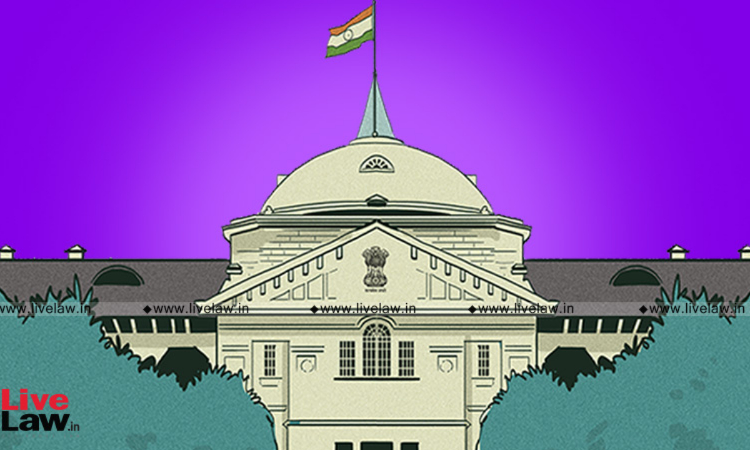UP VAT | Burden To Prove Purchase From Registered Dealer On Assesee: Allahabad High Court
Upasna Agrawal
18 Sept 2023 5:41 PM IST

Next Story
18 Sept 2023 5:41 PM IST
In a revision preferred by the Tax Department, the Allahabad High Court has held that the burden to prove that purchases were made from registered dealer lies on the Assesee claiming the same. The Department cannot be made to discharge a negative burden to prove that the sales were made from unregistered dealers. Perusing Section 16 (Burden of Proof) of the Uttar Pradesh Value Added Tax...
